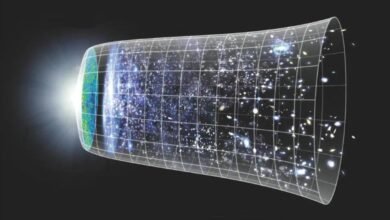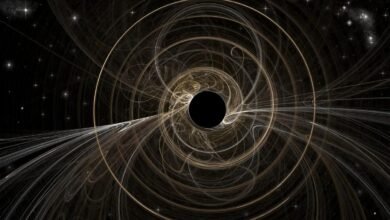The true reason why Einstein was history’s greatest physicist | by Ethan Siegel | Starts With A Bang! | Feb, 2024

Although many of Einstein’s papers revolutionized physics, there’s one Einsteinian advance, generally, that towers over all the rest.
Although many people struggle to name even one living scientist, practically everyone around the world knows who Einstein was. Perhaps the most famous person of the 20th century, Einstein revolutionized the sciences of physics and astronomy, making important contributions that taught us:
- the speed of light is the same for everyone,
- that energy and mass are equivalent, and related by the equation E = mc²,
- that light and electrons are both quantized into discrete “packets” of energy,
- and that space and time are not absolute and objective,
among many other discoveries that are still relevant today. Einstein’s work continues to endure on a number of other fronts as well, including on paradoxes in quantum entanglement (the EPR paradox), on connecting two well-separated points in spacetime through wormholes (Einstein-Rosen bridges), and in describing the statistics of integer-spin particles (Bose-Einstein statistics).
That would have been enough for a remarkable career and a place among the all-time greats in physics. But the crown jewel of Einstein’s achievements was his revolutionary new theory of gravity — General Relativity — which was somehow put forth all the way back in 1915 and has succeeded in every prediction it’s made in all the time since. No other physical theory has endured, without fail, for so long in all time time since. It’s this success, above all others, that explains why physicists revere and esteem Albert Einstein so highly. Let’s explore why.
The problem of Newton’s gravity
Although Newton’s gravity was first put forth way back in the 1600s, it seemed to explain absolutely everything we observed — in the heavens and on Earth — for around the next 200 years. For a while, it looked as though something was odd with…
Source link




